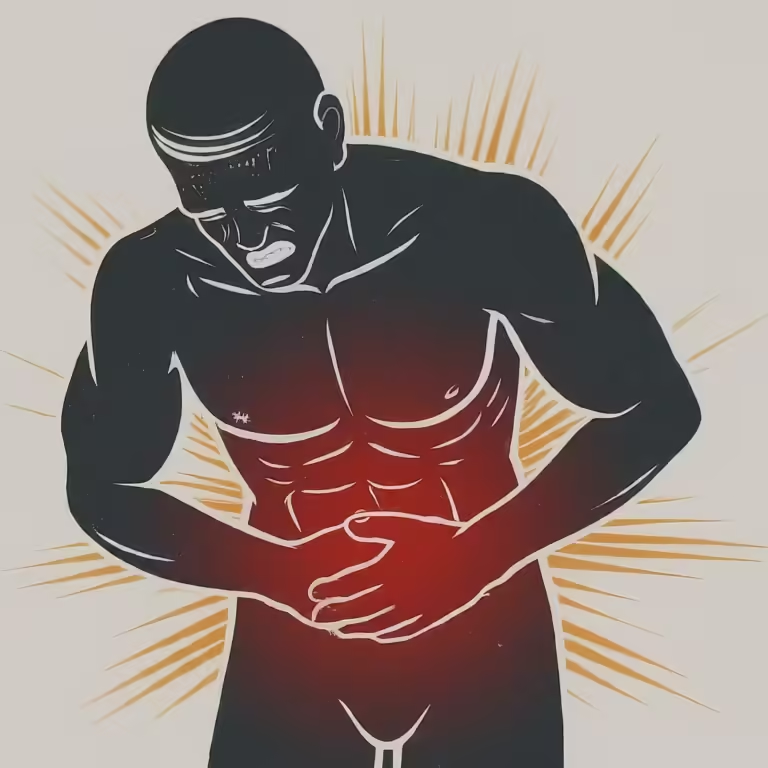Table of Contents
Diarrhea is a common ailment that many people experience at some point in their lives. While it is often seen as a mere inconvenience or an uncomfortable condition, it raises an interesting question: Is diarrhea good for you? This article aims to explore this question by examining the various aspects of diarrhea, its causes, effects on the body, and whether it serves any beneficial purpose.
What is Diarrhea?
Diarrhea is defined as having loose, watery stools three or more times in a day. It is often accompanied by abdominal cramps, bloating, nausea, and an urgent need to use the bathroom. Diarrhea can be acute, lasting a few days, or chronic, persisting for several weeks. Understanding what diarrhea is and how it affects the body is crucial in determining whether it can have any positive effects.
Common Causes of Diarrhea
Several factors can cause diarrhea. Some of the most common causes include:
- Infections: Bacterial, viral, and parasitic infections are leading causes of diarrhea. These can be contracted through contaminated food or water.
- Medications: Certain medications, such as antibiotics, can disrupt the natural balance of bacteria in the gut, leading to diarrhea.
- Food Intolerances: Lactose intolerance and other food sensitivities can cause diarrhea.
- Digestive Disorders: Conditions like irritable bowel syndrome (IBS), inflammatory bowel disease (IBD), and celiac disease can result in chronic diarrhea.
- Stress and Anxiety: Emotional stress and anxiety can affect digestive health and lead to diarrhea.
The Body’s Natural Defense Mechanism
One of the key points to consider is that diarrhea can be the body’s natural defense mechanism. When harmful substances or pathogens enter the digestive system, the body may respond by rapidly expelling them through diarrhea. This quick expulsion helps to minimize the time harmful substances spend in the intestines, potentially reducing the risk of serious illness.
Diarrhea and Detoxification
Some proponents of alternative medicine argue that diarrhea can be a form of detoxification, helping the body to rid itself of toxins. While there is limited scientific evidence to support this claim, it is true that diarrhea can help eliminate certain harmful bacteria and viruses from the gut.
Hydration and Electrolyte Balance
One of the major risks associated with diarrhea is dehydration. When the body loses a significant amount of water and electrolytes through diarrhea, it can lead to serious health issues, especially in young children and the elderly. Therefore, while diarrhea might help in expelling harmful substances, it is crucial to maintain proper hydration and electrolyte balance.
Diarrhea as a Symptom
Diarrhea is often a symptom of an underlying condition rather than a condition itself. Identifying and treating the root cause is essential for long-term health. In some cases, diarrhea might indicate a more serious health issue that requires medical attention.
Benefits of Short-Term Diarrhea
In certain scenarios, short-term diarrhea might have some benefits:
- Clearing Infections: As mentioned earlier, diarrhea can help expel infectious agents from the body.
- Fasting Effect: During bouts of diarrhea, people often eat less, which can give the digestive system a temporary rest.

Risks of Prolonged Diarrhea
While short-term diarrhea can sometimes be beneficial, prolonged diarrhea poses significant health risks:
- Nutrient Deficiency: Chronic diarrhea can lead to malabsorption of essential nutrients.
- Weight Loss: Extended periods of diarrhea can result in unhealthy weight loss.
- Dehydration: Severe dehydration from prolonged diarrhea can be life-threatening.
Managing Diarrhea
Proper management of diarrhea involves addressing both the symptoms and the underlying cause. Here are some effective strategies:
- Stay Hydrated: Drink plenty of fluids, including oral rehydration solutions, to prevent dehydration.
- Dietary Adjustments: Eat bland, easy-to-digest foods like bananas, rice, applesauce, and toast (the BRAT diet).
- Medications: Over-the-counter medications like loperamide can help reduce the frequency of diarrhea. However, these should be used with caution and under medical advice.
- Probiotics: These can help restore the natural balance of gut bacteria disrupted by diarrhea.
When to Seek Medical Help
It is important to seek medical attention if diarrhea is severe, persistent, or accompanied by other worrying symptoms such as:
- High fever
- Bloody stools
- Severe abdominal pain
- Signs of dehydration (e.g., dry mouth, dizziness, reduced urine output)
Conclusion
While diarrhea is generally not considered a good thing, it can serve as the body’s natural defense mechanism to expel harmful substances quickly. In some cases, short-term diarrhea might have benefits, such as clearing infections or giving the digestive system a rest. However, the risks associated with prolonged diarrhea, such as dehydration and nutrient deficiency, far outweigh any potential benefits. Proper management and seeking medical attention when necessary are crucial to ensure that diarrhea does not lead to serious health complications.
Understanding the role of diarrhea in the body can help us better manage it when it occurs and appreciate the importance of maintaining overall digestive health.



Pingback: Say Goodbye to Bloating: 20 Proven Tips to Relieve Belly Swelling Fast - Healing Doctor
Pingback: Upper Stomach Pain: 10 Causes You Shouldn't Ignore and How to Fix Them - Healing Doctor